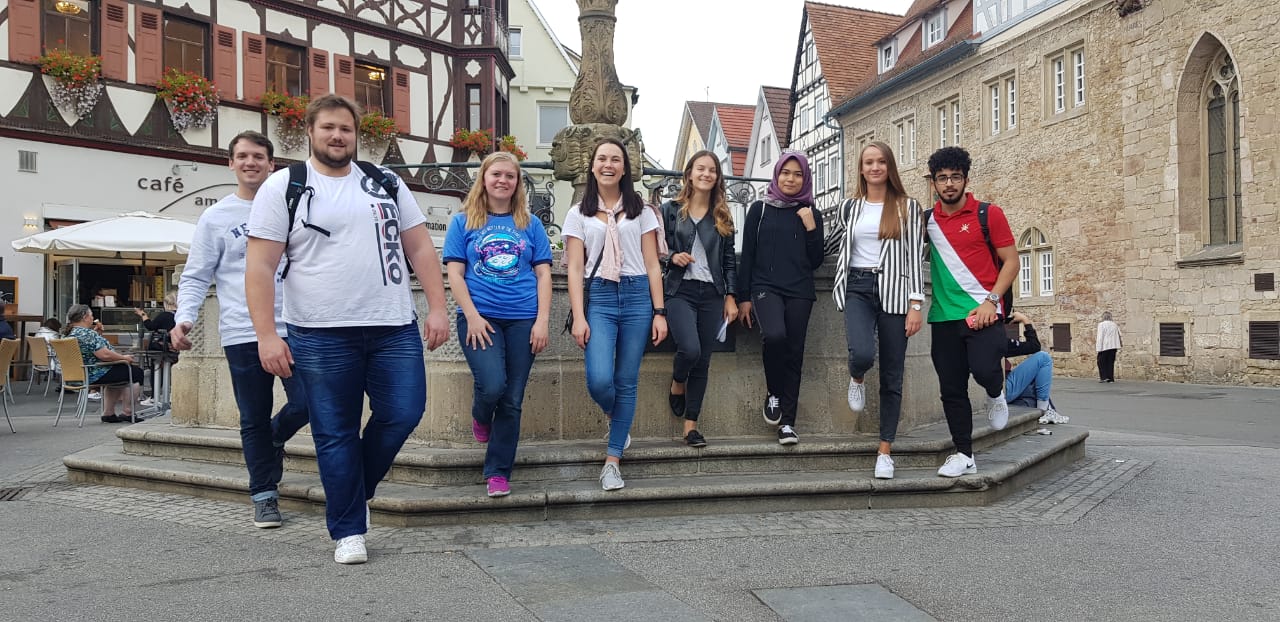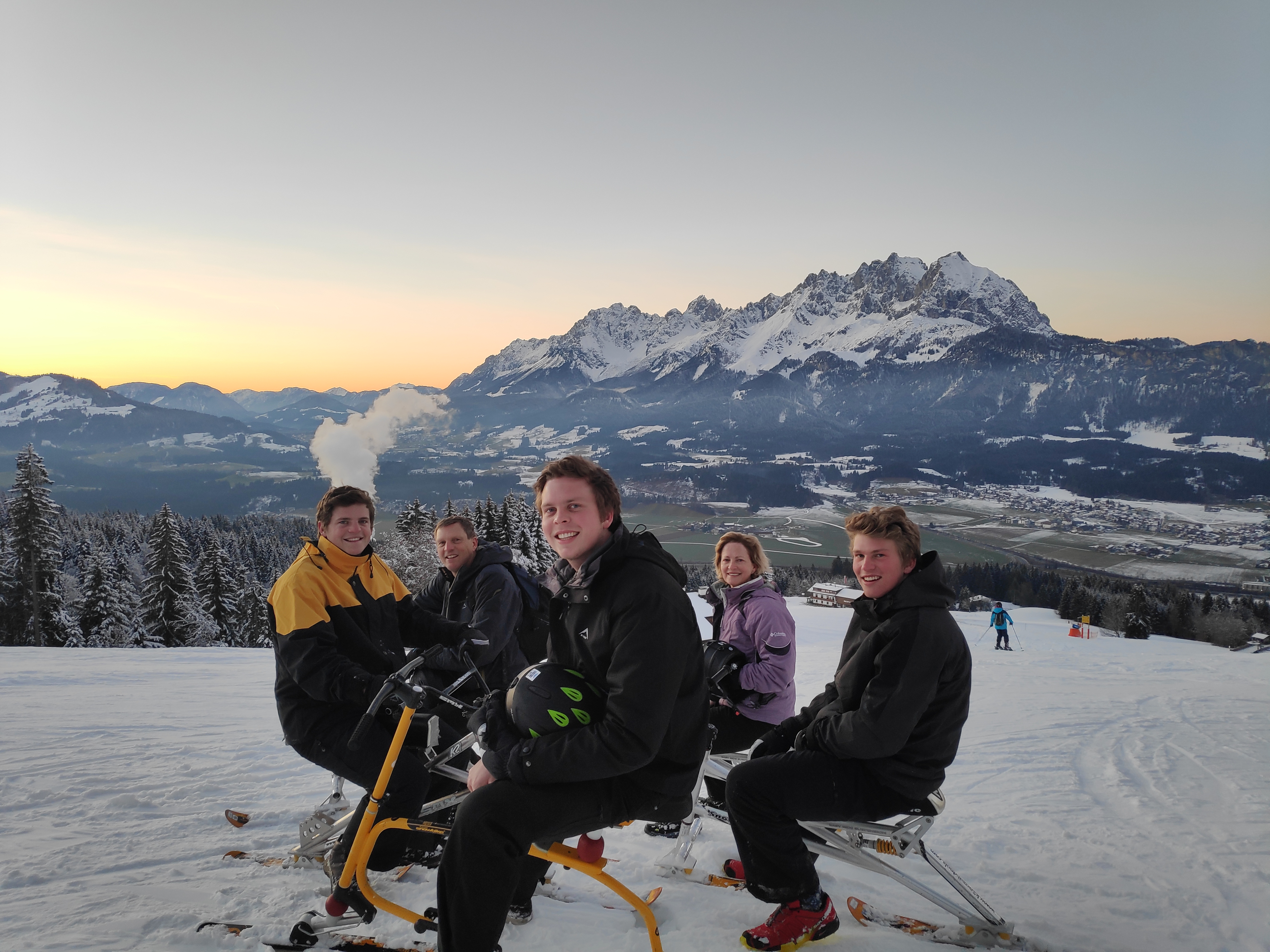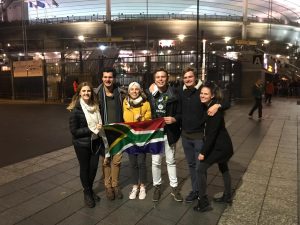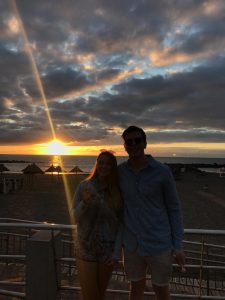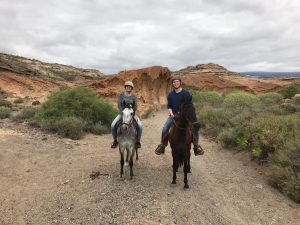Pre-departure:
The university I had chosen was called the University of Bologna. This is situated in Bologna, Italy. I needed a student visa to study there but that process was relatively quick and easy as long as you make sure you have all the correct documents with you when you go to your visa appointment. Just follow the steps on the Schengen Visa website. My visa took a week, but it can take longer than that usually so plan in advance. Finding accommodation is really difficult for most people going to Bologna so I suggest you do it in advance. Make use of Facebook to find an apartment – the closer to the centre, the better. I rented a flat in a residence called RTM Living Bologna Mover. The staff are really friendly and helpful, and the facilities are great. It is also conveniently located right next to a small mall which has a massive Coop which is where I did most of my food shopping. However, the rental price is quite high, and it is not directly in the centre. It takes about 20 minutes by bus to get to the centre. The bus system is very easy to use, and you can buy a Tper card for 10 euros which then gives you unlimited bus rides for your stay there. Living in the centre, or as close to the centre as possible, would be your best option as most busses stop running at night and it’s much easier to hang out with friends, go for dinners, or go out at night if you can just walk home afterwards. A handy app to download is Taxi Click for calling taxis and Mobike. Mobike is great as you will see a lot of orange bikes around bologna which you can rent with your app and then leave wherever when you’re done using it. Read up about it and use it because it is super easy and convenient.
Before you leave, I suggest packing in some of your favourite South African snacks as sooner or later you will feel homesick and crave something from home.
Experience at Host University:
I couldn’t have chosen a better university/city to attend during my exchange. I had the time of my life. I attended English classes which included: Principles of Management, Introduction to Italian Culture, Innovative Retailing, and Macroeconomics. My two favourite classes were Innovative Retailing and Introduction to Italian Culture. Introduction to Italian Culture can be attended by anyone of any faculty and is a really fun and interesting class to attend. At the end you don’t write an exam, but rather a ten-page paper on an Italian culture topic of your choice. Innovative Retailing was a very interactive and interesting class. I also really wanted to do the Italian language course, but I could not as they only start from level A2 and expect you to already have level A1. I went to Italy having not learnt any Italian beforehand. I recommend studying some Italian and building up that skill so that you have some knowledge to build from and can be accepted into the course. Also, remember to sign up early for the course as the spots can fill up quickly.
Making friends was quite easy as there are memberships for Erasmus students called Erasmus Student Network (ESN) or Erasmus Land which is basically something you join for about 10 Euros and then you receive a membership card and can then get into clubs and can pay to join the activities and excursions that they host. The membership also gets you awesome discounts such as cheaper RyanAir flights and 20kg luggage if you book 28 days in advance – which you will come to find is a pretty great deal! The Erasmus community is a fantastic way to make friends as you join a WhatsApp group and can meet up with people and get to know some of them. A few days after I arrived, I joined the Whatsapp Group and people were planning to meet by a fountain and I went as well and that’s how I met some of my closest friends. The key is to just involve yourself as much as possible – and that is coming from a girl who is relatively shy.
Summer/Autumn was really vibey in the centre. There were a lot of live concerts and the town was buzzing. On weekends throughout the year, the main part of the centre is closed off to motorists and the streets become pedestrianised. It is so cute and super fun to walk around. Winter got pretty cold and it sometimes snowed.
The food is absolutely incredible as one would imagine so I don’t need to add much on that topic – except to try places such as Spacca Napoli and Mercato di Mezzo. Make sure to have a pizza at Spacca Napoli because it is massive, amazing, and cheaper. And make sure to have fresh pasta (I reccommend the spinach and ricotta tortelloni and the Gnocci at Mercato di Mezzo. The gelato was also incredible so make sure to have lots of it!
The Bologna nightlife is really great. I recommend a bar called Cucchiaio d’Oro which translates to ‘The Golden Spoon’. This is where we would generally meet for drinks as it is fun, fairly cheap, and the bartender was really cool. It was just a fun space to be in. Two of our favourite clubs are Soda Pops and Hobby One. Our favourite study places were ITIT café and Scuderia on Piazza Verdi.
There are obviously a few iconic things you should definitely see and do in Bologna including: Climbing the Due Torri (Two Towers); Walking up to San Luca; Seven Secrets of Bologna and Walking Tours (Make sure to find out the tale of the 3 arrows), etc.
I travelled so much around Europe while I was there. Like I mentioned before, you can receive RyanAir discounts and benefits which made travelling so easy. Travelling with friends is great and easy when you can rent an AirBnb and split the price. I suggest making some friends and travelling as much as you can.
Return to Stellenbosch:
Returning home after spending 5 months in Italy was exciting but also very hard. I missed my family and friends a lot. But it was really difficult to leave the life and family I had made in Bologna. Once I was home, I felt like everything I had experienced was a dream. I experienced a little bit of PSAD which is Post Semester Abroad Depression, and yes, it is a thing. As much as I was excited to be home, I felt a little bit like my other life was taken away from me, and that was quite hard to deal with. But out of all the things to be sad about, I am grateful that it was about missing the country and the people that had made such an impact on my life. I’m so grateful for the experience that I had. I definitely recommend going on exchange to the University of Bologna!

